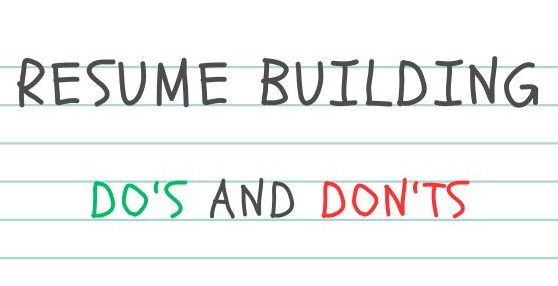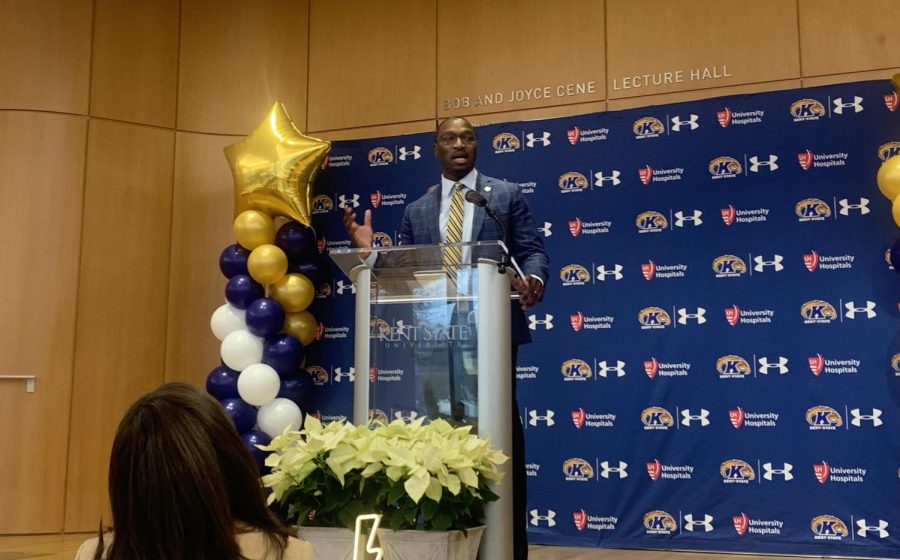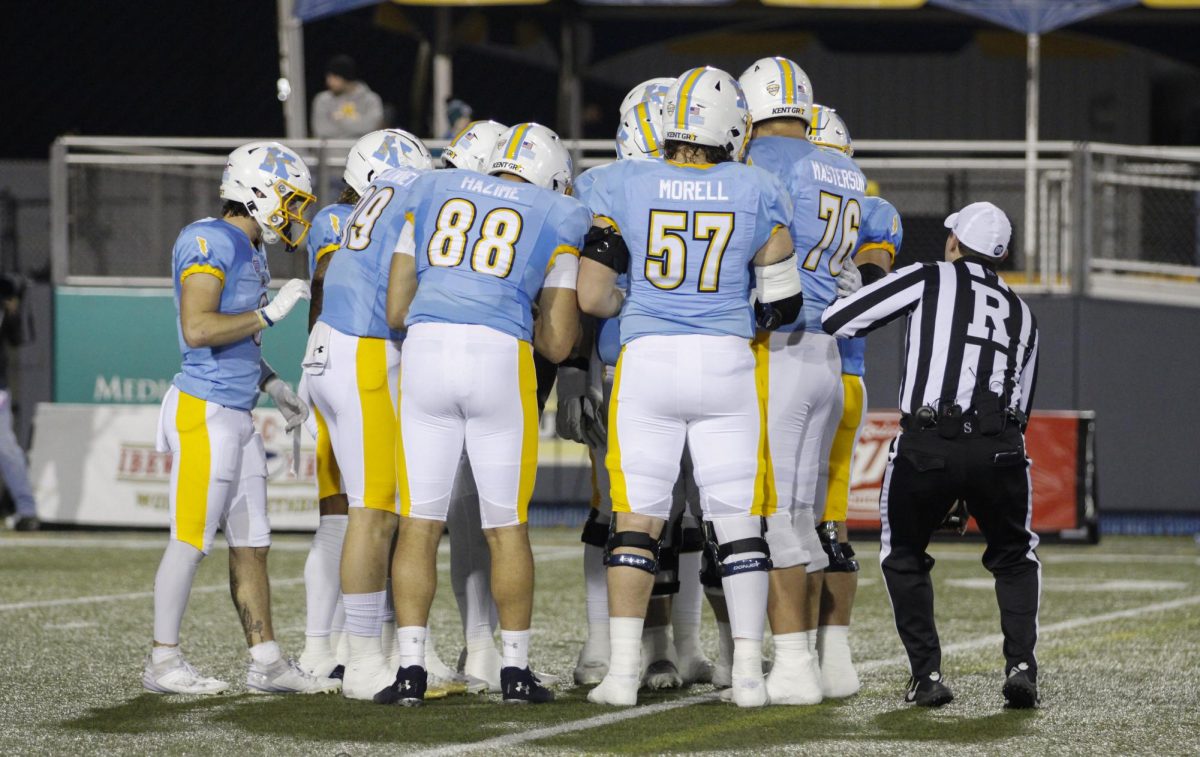When looking at a resume, many things can hinder or accelerate a student’s job search. Resume experts Kari Solomon, owner of Aspire Resumes, and Joe Giffen, associate director of Career Exploration and Development, gave their advice to students who are entering the workforce.
Resumes need to be targeted to be effective
Resume building can be difficult, and it is common for people to put everything they have ever done on their resume. In reality, a resume should be seen as a marketing document.
“You have to show how you tick all the company’s boxes, but you also have to show how you set yourself apart from everybody else that also ticks those boxes,” Solomon said.
Resume building is a process that people have to be patient with. A quality resume may take some time, but it will be more effective in the long run.
“We just did an exercise in our office, it took me an hour to prepare my own resume, and I do this stuff every single day,” Giffen said.
Keep it simple
Different industries allow job seekers to be either more or less creative with their resumes. For example, a resume for someone in marketing can look completely different than a resume for an accountant.
“Overall, across all industries, the most common thing employers are looking for is an easy-to-read document,” Giffen said.
When trying to stand out, students will utilize tools like Canva. Canva resumes look great but many companies use review systems that cannot read them. Instead, these systems read resumes left to right rather than taking a snapshot of the resume as a whole.
“I’ve even seen friends of mine use a JPEG file for their resumes, and the applicant tracking system will give them a straight zero,” Giffen said. “It is very important to use recognized formatting and documents.”
Solomon recommended people use a singular-column resume regardless of background.
“You have the Canva resumes that are coming in that are jazzy and cool looking, but the thing that people don’t realize about those is that many applicant tracking systems are not caught up,” Solomon said.
Headshots are a NO-GO
Headshots are not typically used in resumes for a multitude of reasons. Employers may use a headshot to discriminate against a candidate.
Plus, employers who are looking for the best candidate can see you all over social media. Adding it to a resume takes up space that can be used for more vital information.
This is primarily only true in North America. It is illegal in some states for employers to ask for a headshot. Unless an applicant is applying overseas, a headshot should not be included.
“The real reason why I would leave it off is because if you’re looking at the page of your resume as real estate, you want to put whatever will be most relevant to you getting that job,” Solomon said.
Think offensively
When the time comes to submit resumes, a person should not limit themself. They should not just look at the jobs that are posted, but they should think about the companies they want to work for and how they can get their foot in the door.
“Know where your value added is, and know what companies are going to find that attractive and really make an effort to reach out to those organizations,” Solomon said.
Keywords
Many companies have begun using applicant tracking systems. Applicant tracking systems are AI software systems that will read through your application materials and grade your document based on a set of keywords that employers are looking for.
“The trick with this is that the keywords will be in the employer job description,” Giffen said.
An example Giffen gave was when he transitioned from a career coordinator to a career coach. The new job description used the word “coach” instead of “coordinator.” He switched his resume from using the word coordinator to coach, even though it was for the same job.
Let’s talk cover letters
Some industries love cover letters and some don’t care for them. If an applicant is required to submit a cover letter, there are a few things to know.
“When cover letters are really effective is when there is something that is not on your resume or not on your LinkedIn that really makes the case for you to be at that organization.” Solomon said.
A cover letter is a place for someone to connect their own experience to the job. For example, when are applying for a job at a sports agency, adding personal experience with sports would go in the cover letter.
For resume questions and concerns, contact Career Exploration & Development.
Lauryn Tadda is a reporter. Contact her at [email protected].





